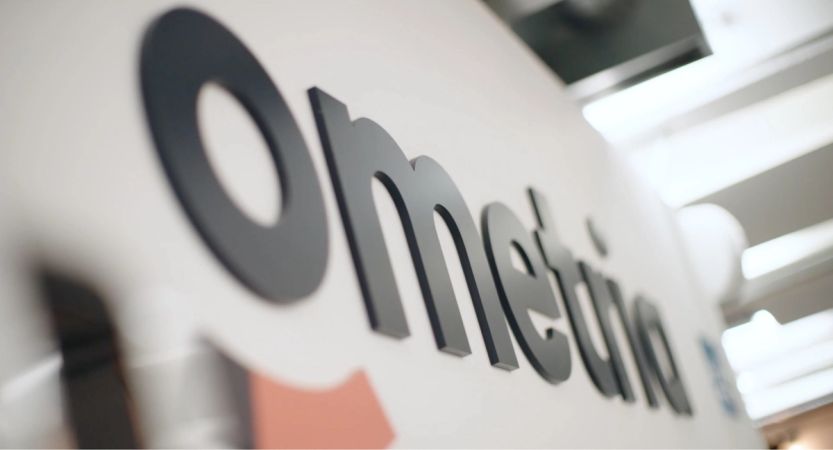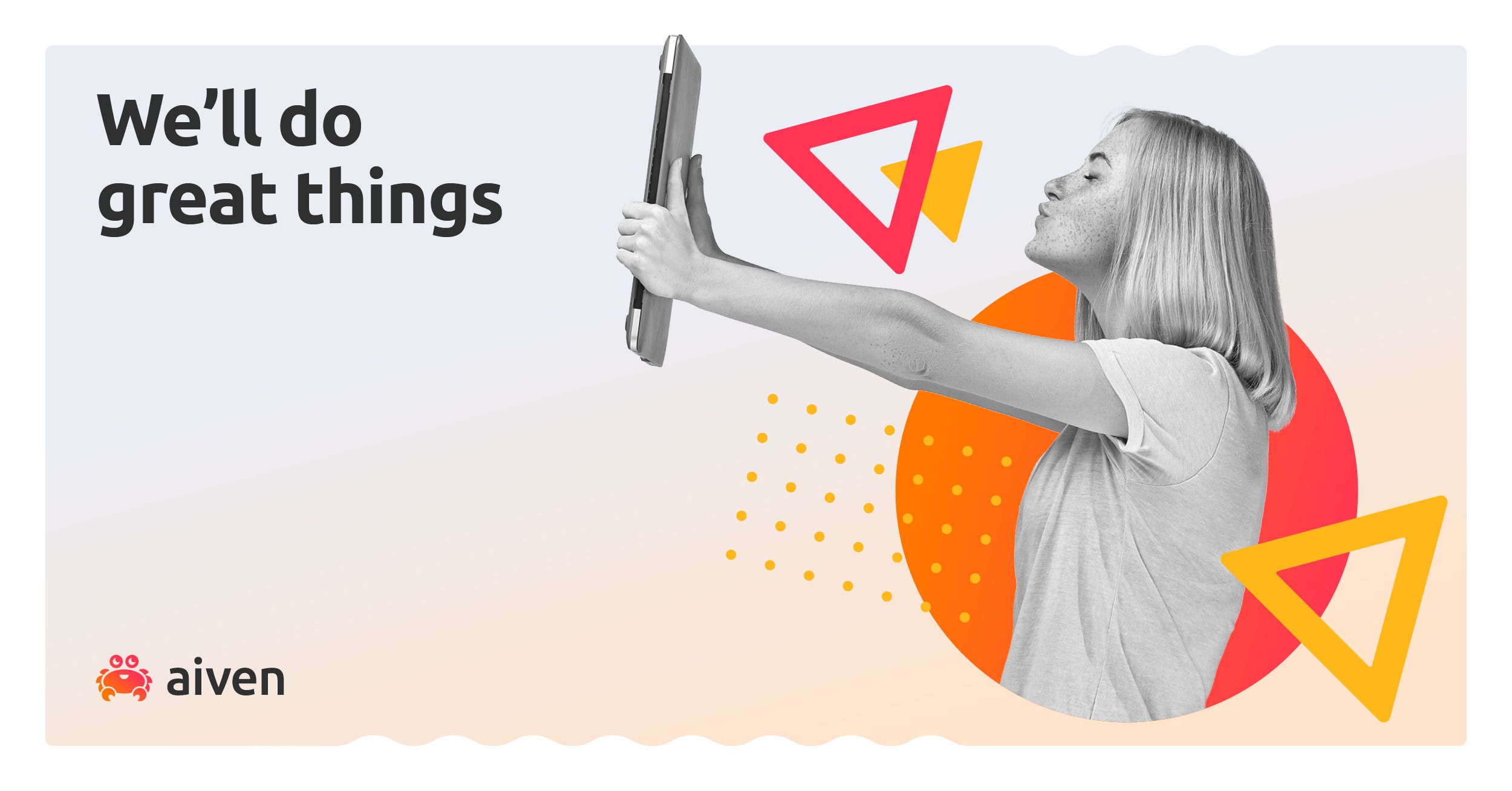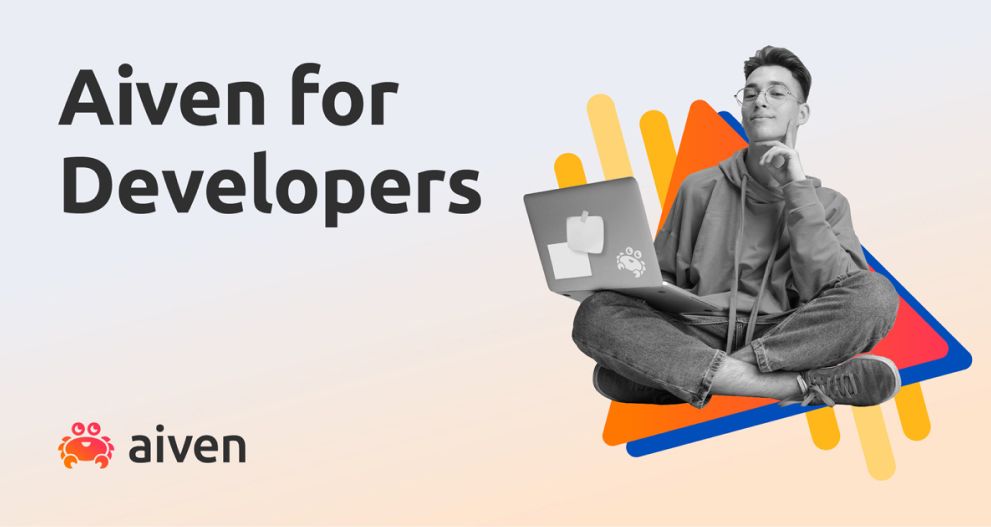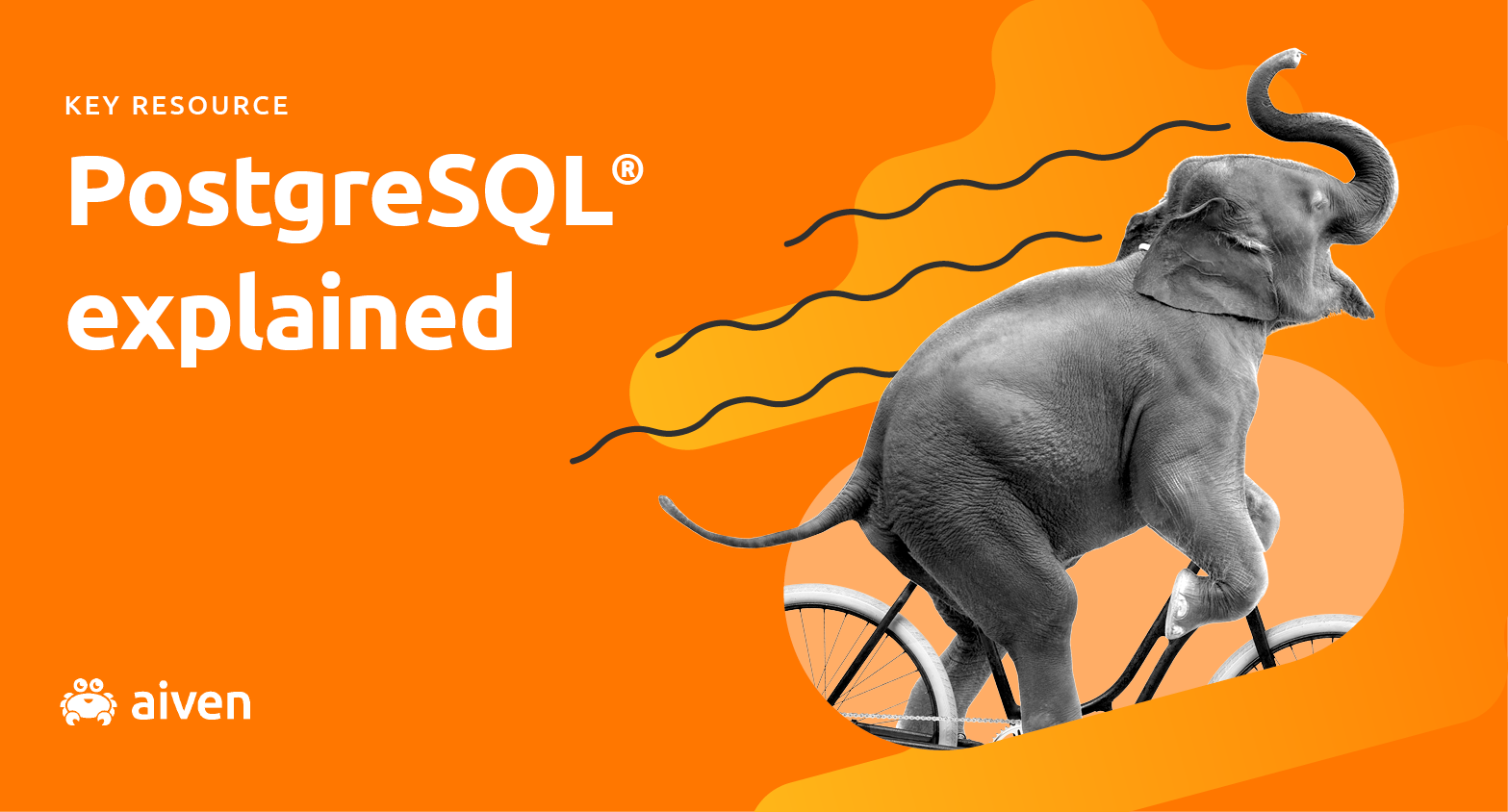- Customer spotlight
- Case studies
- Catalyst
A customer success story - Catalyst & Aiven
Catalyst uses PostgreSQL to store customer data to enable customer success managers to leverage all their data to maintain their customer relationships.

Overview
Catalyst, a NYC-based customer success company, were looking for a flexible solution to store customer data. They found a great fit with Aiven and discovered unexpected benefits.
Highlights
- PITR and change data capture implemented
- Scalability requirement easily met
- Hosted and managed but flexible
- Great support, even for customizations
- Good UX that empowers developers
- SOC2 compatible out of the box
The challenge
Catalyst aims to give customer success managers the tools they need to successfully manage their customer relationships. Catalyst’s customer success platform provides quick access to all relevant customer information that customer managers can use in their decision-making. The Catalyst platform aggregates data from various sources (such as Snowflake, Zendesk or JIRA) and displays it in a centralized, logical way.
“Today, we use Aiven for PostgreSQL® as our main transactions database,” says Kim Leung, Engineering Manager at Catalyst. “It’s our main source of truth, our bread and butter.” Their setup is future-proof and developer-friendly, and they’ve worked hard to reach that point.
When Catalyst was founded in 2017, they went cloud-first from the start. They selected tools that were easy for the small number of founders and employees to use. At that point their choice of database landed on Cloud SQL.
This worked well for a time. They went through the early stages of building a product and started running their service, but eventually began to feel limited. As it then stood, Cloud SQL wasn’t able to support all their requirements.
For example, the disaster recovery options were lacking point-in-time recovery. This could be offset with a multi-cloud approach, but going multi-cloud could introduce performance issues. It would also make their SOC2 certification more challenging, because then they would have to provide proof of secure communication between clouds.
Additionally, at that time change data capture wasn’t supported by Cloud SQL. “We couldn’t take advantage of the write-ahead logs from Cloud SQL to do some of the things we wanted to do,” Kim says. “We wanted to start preparing for the future, but they were missing the functionality we needed.” Catalyst already knew that their future would likely include an event-based system with Apache Kafka in the crossing of the pipelines.
So what they were looking for was a single provider who could host a large database now as well as be the future-proof solution for the upcoming modernisation and expansion. They had already identified PostgreSQL as a solution that was both robust and familiar to their team. Now they just had to find that provider
"Engineers feel empowered [...] and as a result, they’re more engaged and interested in their work."
Kim Leung
Engineering Manager at Catalyst
The solution
Fortunately Catalyst’s internet search turned up Aiven, and the more they investigated, the more they liked what they saw.
From the first contact, they felt well-received and heard. Aiven’s support was interested and engaged, and provided the assurance that Catalyst needed to trust a service provider without their own proprietary network.
The process of migrating into Aiven for PostgreSQL had Catalyst a little worried. But with Aiven’s preparation tips and concrete support during migration, everything went well and the process was faster than anticipated.
Soon the pipeline was running smoothly, aided by Catalyst’s wise decision to increase capacity at least to begin with compared to their old database.
Aiven for PostgreSQL in the mix
Today, Aiven for PostgreSQL acts as Catalyst’s main transactions database. It stores the data from hundreds of customers and their various data sources and makes it available for aggregation elsewhere in the pipeline.
After PostgreSQL was all set up, Catalyst started tweaking their monitoring integration. They use Datadog as their monitoring solution, and found that piping data from Aiven for PostgreSQL was effortless thanks to the existing integration Aiven provides
The outcome
With Aiven, Catalyst has seen a significant performance increase, and has been able to continue serving their customers without a glitch. Some of this is, of course, due to the increase in capacity, which Catalyst don’t hesitate to utilise: they know they can scale back at any time. With Aiven, capacity is easy and quick to adjust to match demand.
The flexibility for experimentation that was crucial for Catalyst has already yielded fruit. “There’s a tool called PGanalyze,” says Kim, “that you can add to your database to get better analytics. I’d tried to add it to Cloud SQL, but the system wouldn’t let me. With Aiven, I ran into the same permission restrictions, but the difference was in the approach that support took when I contacted them.”
At Aiven, the support staff tried their best to help, and when they couldn’t find a way they escalated the issue until a workaround was found.
“It wasn’t a 100% solution, but it was still PGanalyze running on Aiven and I was able to evaluate it. And we got there together with Aiven, instead of me digging through documentation and guessing.”
This experience highlights something that Kim deeply appreciates. “Catalyst is a customer success platform, so of course customer success is really important to us. I think Aiven really embodies customer success,” he says.
The unexpected benefit
One benefit that Catalyst had not been able to anticipate was the impact of Aiven’s easy usability. “The Aiven Console is just quite beautiful,” Kim says. “And I think it makes Aiven’s services approachable. Even application engineers who don’t deal with cloud providers often are confident in using it. They feel empowered to move a little bit faster and to do things themselves. And as a result, they’re more engaged and interested in their work.”
Future directions
For the future, Catalyst investigates moving to Kafka in order to evolve their data ingestion pipeline. At higher loads, Kafka looks to them like a good option to keep data streaming between different systems. It’s also easy to extend and adapt in a changing business environment.
Aiven steps up as an active and supportive partner for them on their path.
Related case studies
- Loading...
- Loading...
- Loading...
Get your first cluster online now
Aiven makes setting up cloud databases so simple anyone can do it. Our set-it-and-forget-it solutions take the pain out of cloud data infrastructure.








